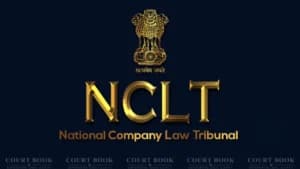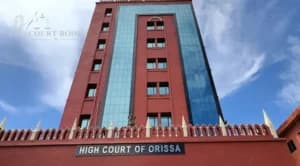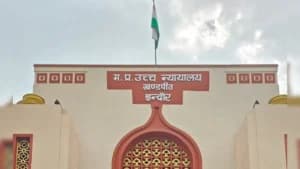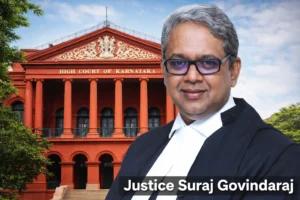The Supreme Court of India, on April 1, 2025, disposed of a set of writ petitions that had challenged the constitutional validity of the Hindu Religious and Charitable Endowments (HRCE) laws of Tamil Nadu, Andhra Pradesh, Telangana, and Puducherry. The Court directed the petitioners to instead approach the respective High Courts to pursue their grievances.
A bench of Justice B.V. Nagarathna and Justice Satish Chandra Sharma observed:
“We find that a more effective manner of ventilating the grievances by the petitioners herein is to assail the provisions of the respective Acts before the respective jurisdictional High Courts so as to enable the High Courts to better appreciate the dimensions of challenge of the provisions of the respective Acts.”
Read Also:- Supreme Court Orders Only Bombay High Court to Hear All Land-Related Cases for Its New Complex
The petitions, some of which have been pending since 2012, had raised objections to several provisions of the Hindu Religious and Charitable Endowments Acts. Petitioners contended that these laws permitted excessive state control over Hindu temples and religious institutions, thereby violating fundamental rights under Articles 14, 19(1)(g), 25, 26, and 31 of the Constitution.
The challenged Acts included:
- Tamil Nadu Hindu Religious and Charitable Endowments Act, 1959
- Andhra Pradesh Charitable and Hindu Religious Institutions and Endowments Act, 1987
- Telangana Hindu Religious and Charitable Endowments Act, 1987
- Puducherry Hindu Religious Institutions Act, 1972
In particular, the petitioners questioned provisions related to:
- Appointment and powers of Executive Officers
- Powers of State officials in temple management
- Utilization of surplus temple funds
- Fixation of trustee qualifications and powers
- Audits, contributions, and government control
Read Also:- Supreme Court Hears Plea Against Allahabad High Court's Controversial Ruling in Minor Sexual Assault Case
One of the writs also challenged the appointment of Executive Officers to major temples in Tamil Nadu like the Tiruchendur Temple, Sri Kantimatisameta Sri Nellaiappar Temple, and others.
The Supreme Court emphasized that High Courts, due to their regional proximity and understanding, are better suited to handle such matters. The Court stated:
“The High Courts are also free to constitute an Expert Committee so as to have assistance of the recommendations said Committee for the purpose of deciding the cases, if they so think fit.”
The Court highlighted that the socio-economic, cultural, religious, and historical aspects involved in these matters require a nuanced understanding, best provided by the respective High Courts.
Read Also:- Madras High Court Quashes NDPS Case Against Man, Says Helping With Job Doesn't Mean Harbouring Accused
While disposing of the petitions, the Supreme Court granted the liberty to all petitioners to approach the relevant High Courts. The petitions were thus closed at the Supreme Court level, without ruling on the constitutional validity of the impugned provisions.
“It is needless to observe that if such writ petitions are filed by the petitioners herein before the respective High Courts, the same could be considered having regard to the various dimensions of the provisions.”
Alongside the main writ petitions, all related applications for intervention and impleadment were also disposed of by the Court.
Case : Sh.Dayanand Saraswati Swamiji (Dead) and others vs The State of Tamil Nadu and others and connected matters














